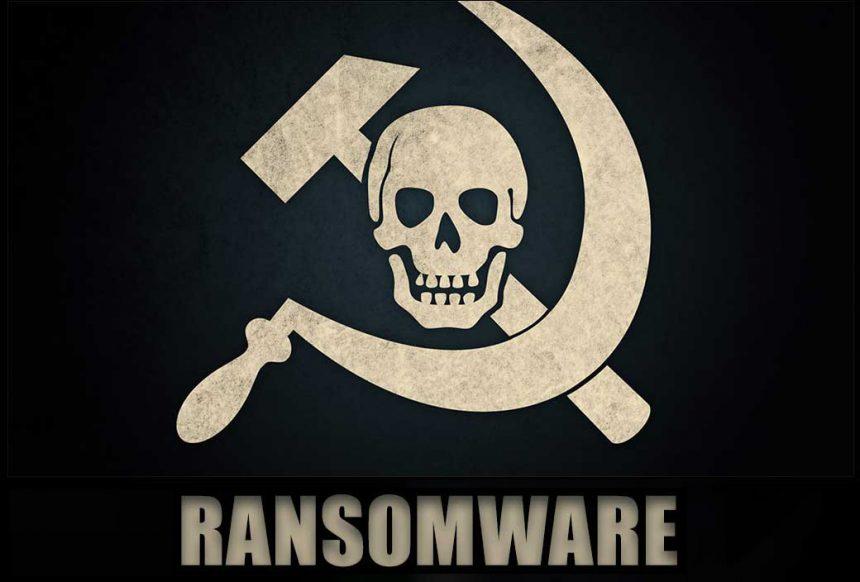The name HelloKitty usually inspires a smile from most people, as the adorable character is a favorite of children all over the world. But in hacking circles, HelloKitty Ransomware is a file-locking Trojan that targets businesses all over the world.
In a world where more businesses and home users are becoming aware of the need to backup their data, hackers that look to monetize blocking file access and selling the unlocking solution to victims have also developed a ‘backup plan’ in the form of selling data or leaking it on dark web sites as an additional incentive to force payment. CD Projekt, the famous developer of the Witcher game series, was previously victimized by HelloKitty ransomware in this manner.
Some observers speculate that the tumult in the gaming industry following the mixed reception of CD Projekt’s Cyberpunk 2077 was an instigating factor for the attack. The text of the ransom note asserted that the CD Projekt’s reputation would suffer further if the ransom went unpaid and the gang leaked server data to the public. The hackers kept their word, with a confirmed case of source code leaking as ‘punishment’ for non-payment.
Researchers still aren’t sure if the data-collecting aspect of the HelloKitty ransomware is based on built-in features or whether it’s as a result of the hackers pilfering servers through a backdoor manually. Either way, victims should assume that passwords and credentials are compromised after any HelloKitty ransomware infection.
We should all employ the use of backup files for recovering any encrypted data in addition to remembering to regularly update our software, use secure passwords, maintain safe browser settings, and making sure to always avoid interacting with unrecognized files.
HelloKitty ransomware isn’t thought to be exceptionally sophisticated from an anti-detection perspective as many anti-malware programs are capable of removing the HelloKitty ransomware.
The recent CD Projekt breach proves that even big-name developers aren’t exempt from the dangers of a file-locking Trojan. If they can be compromised, then home users are even likelier to fall victim.
If you are still having trouble, consider contacting remote technical support options.





